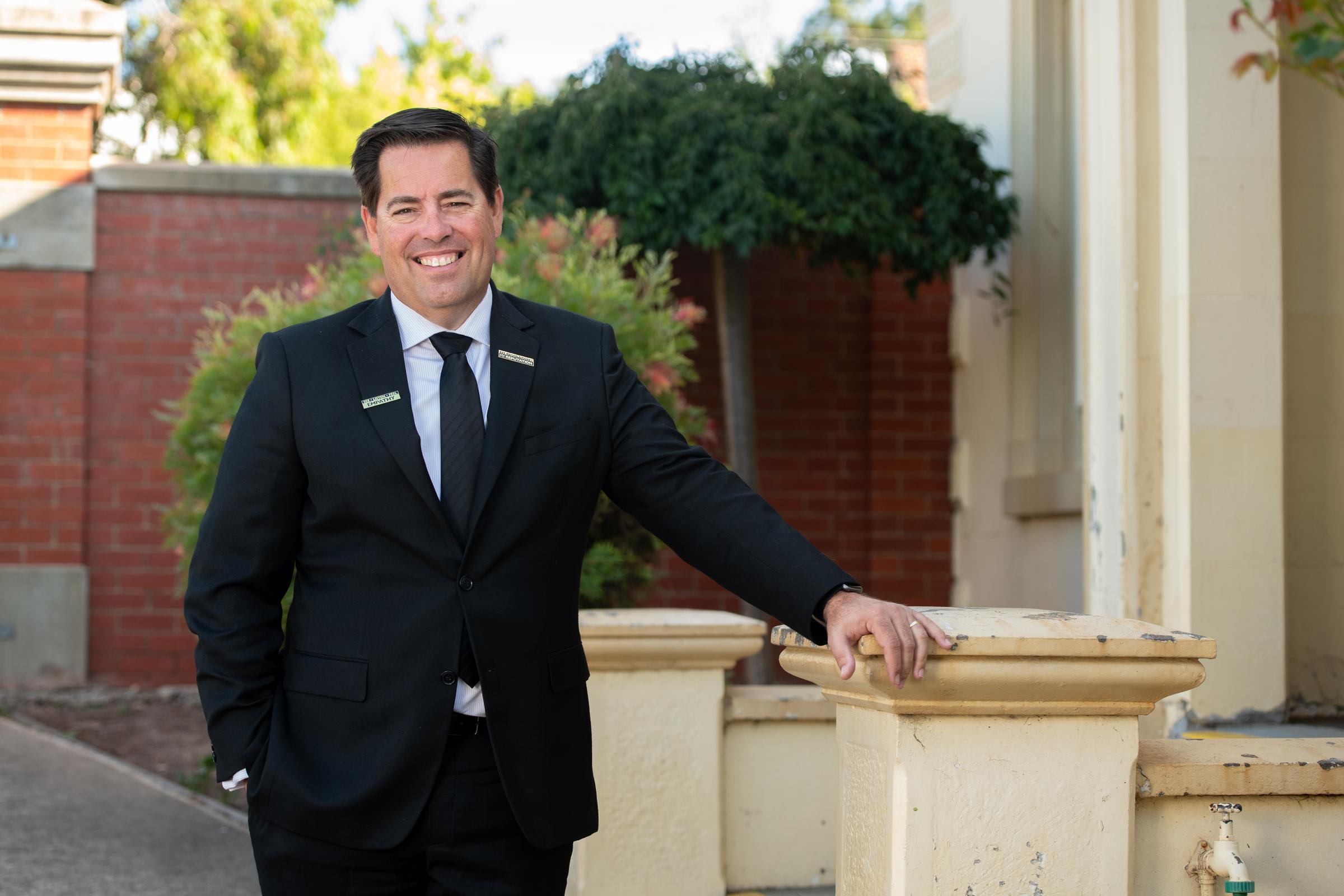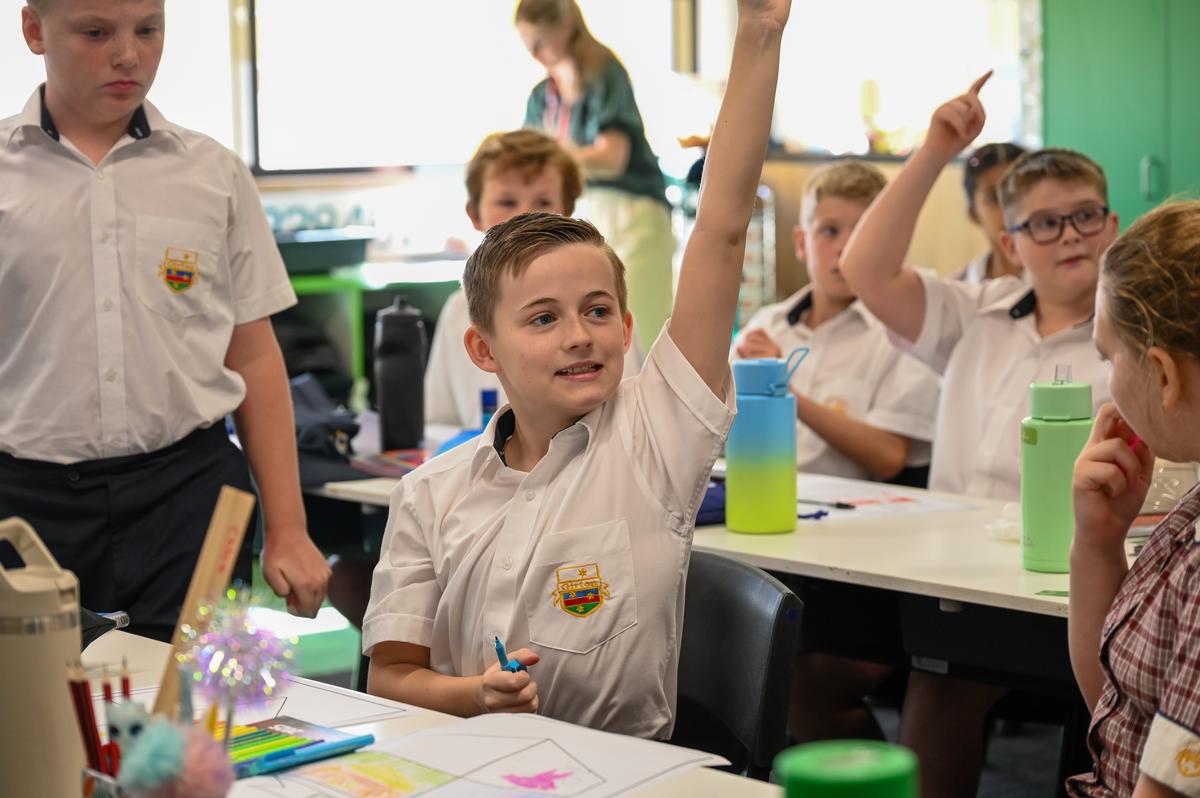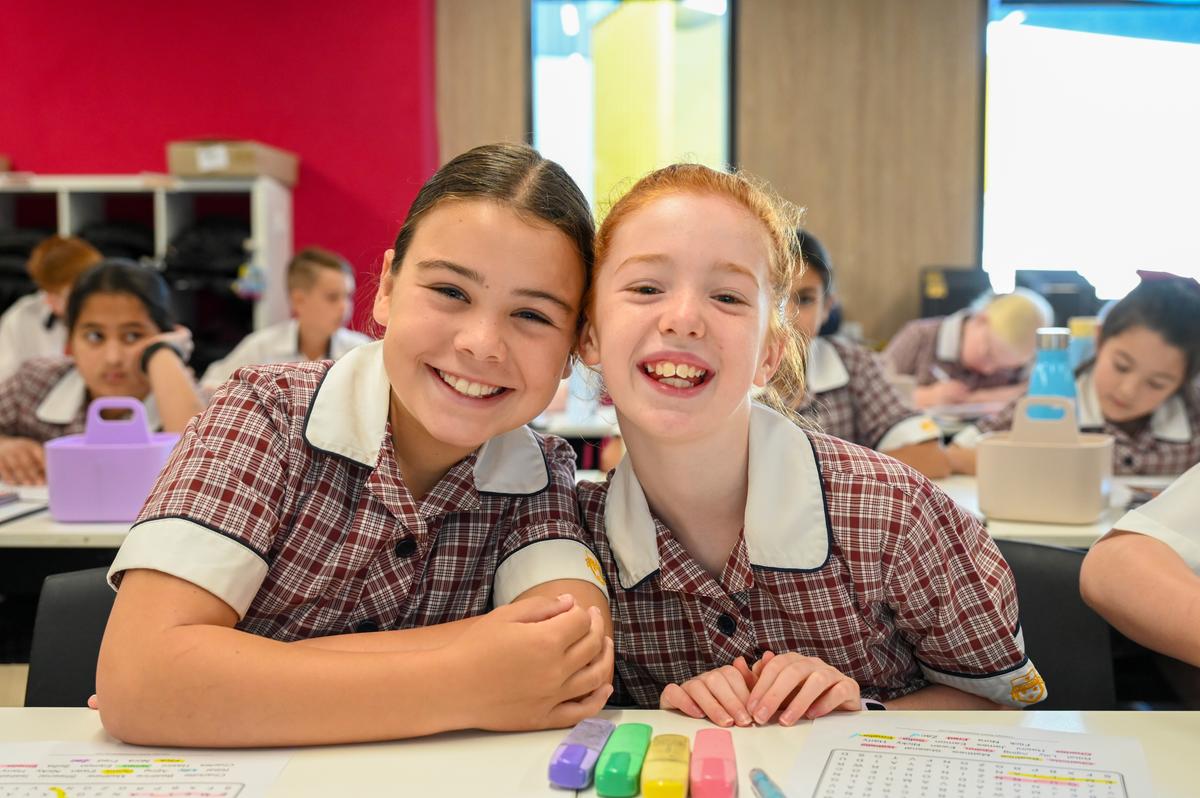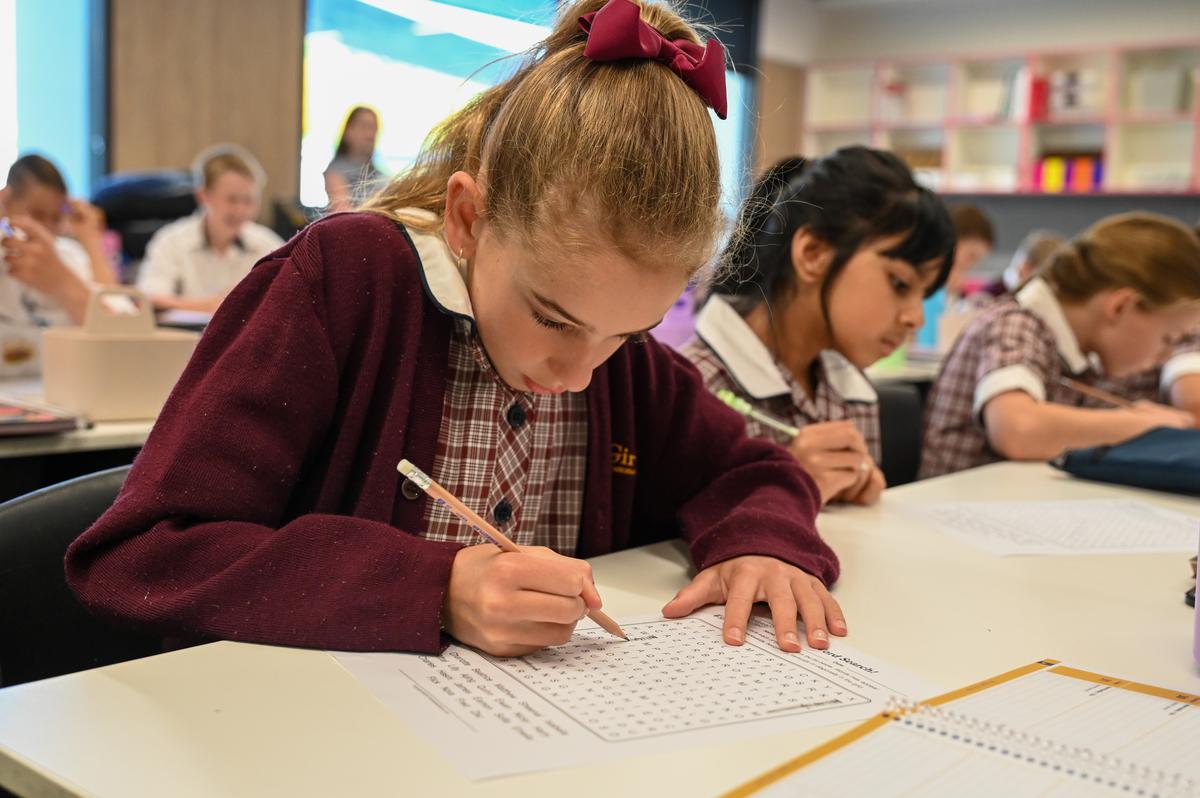From the Head of Junior School

At Girton, we are always looking for ways to improve the outcomes for our students. Whether it is in reading, writing, numeracy, social connections, music, drama, art, sport or languages, we are always seeking to improve. Our journey into emotional intelligence began with a desire to improve the social and emotional connections for our students and to help them to develop empathy, an understanding of their own emotions and strong conflict resolution skills.
Our Junior School's implementation of RULER, combined with the passion and dedication of our educators, has resulted in the excellent EI approach and outcomes we see in our students and our school today. Similarly, our introduction of MaqLit and MiniLit were borne from a desire to implement evidence-based interventions that would help students struggling with their reading. For the last two years, we have been adjusting our reading programs in the junior year levels to include decodable readers and the teaching of synthetic phonics. Additionally, last year we introduced Spelling Mastery, a direct instruction program for students needing additional help in this area, which has now been expanded to all students in Years 2 to 6.
Each of the programs mentioned above use explicit instruction, an approach to learning where the teacher provides a clear explanation of the concepts, demonstrate skills, and provide opportunities for practice and direct feedback. This year, many of our Junior School classes are learning more broadly about explicit instruction and the neuroscience research that underpins this approach in key subject areas. They are trialling these approaches this year with the intention of rolling them out across the Junior School in 2026. As you visit your children’s classes you may see evidence of these approaches through subtle changes to classroom layouts.
A common example that you might see is the orientation of student desks to directly face the presentation space, in most cases the whiteboards. The purpose of this change is to ensure students have easy and comfortable access to the information being presented by the teacher. I am sure we can all reflect on a time when we have had to crane around a column while at the theatre or football, or where we have been seated with our back to the presenter, impacting our ability to focus clearly. How frustrating is it to miss a key part of a speech or your team's winning goal? The same applies to our students.
Another example you might see is the use of mini-whiteboards by our students. Last week, our Junior School Staff attended a meeting to discuss students' use of mini-whiteboards to record their learning in fast-paced mathematical reviews. Mrs Peter, Mr Ruddick and Mrs Hulse gave a presentation showing how they use the boards in their year levels. Students write their answers on their whiteboard and, when given the instruction, hold their boards up for the teacher to see. Teachers are given immediate feedback about students' learning, and can adjust and revisit or move on depending on how well students can show their understanding of the concept.
Previously, this would have involved students completing worksheets, teachers marking the sheets and then reviewing how well students had learned a concept through the answers on the sheet. Opportunities for quick review and lesson adjustment were limited. Using mini-whiteboard reviews gives immediate feedback to the teacher. It means our students are completing fewer worksheets while moving through the lesson at a much faster pace. This can cause some concern for students initially, but we are finding that they are able to quickly adjust after a few lessons.
Another aspect of the mathematical reviews that benefits our students is the interleaving of concepts and a cyclic review. This means that concepts are not taught and reviewed once in a discrete lesson but are combined in logical connection and then reviewed several times throughout the term. Often students who are less confident with a concept initially build confidence and understanding as the reviews progress.
We have only just touched the tip of the iceberg when it comes to the science of learning, but we are very excited for the journey. We look forward to keeping parents updated as the year progresses.
Mr Don Thompson
Head of Junior School



